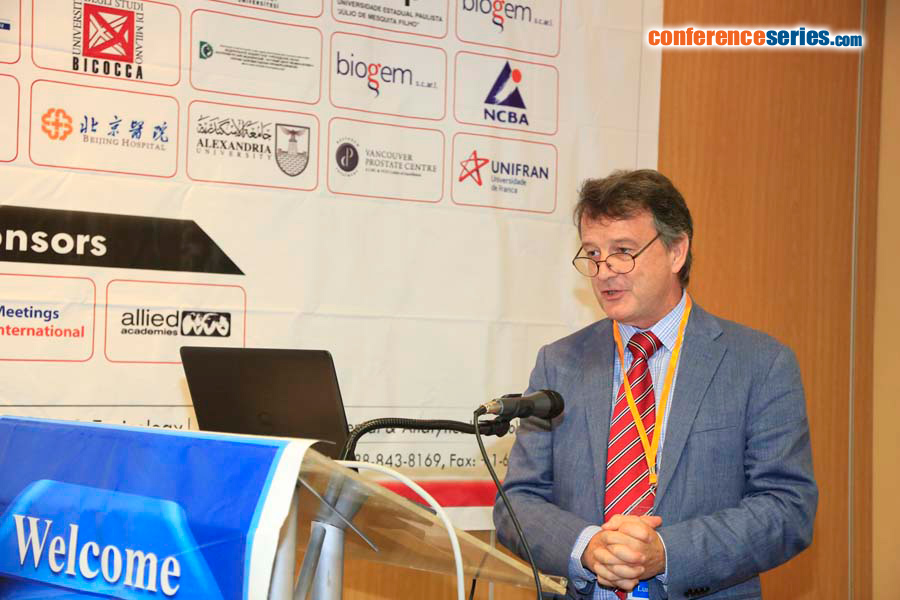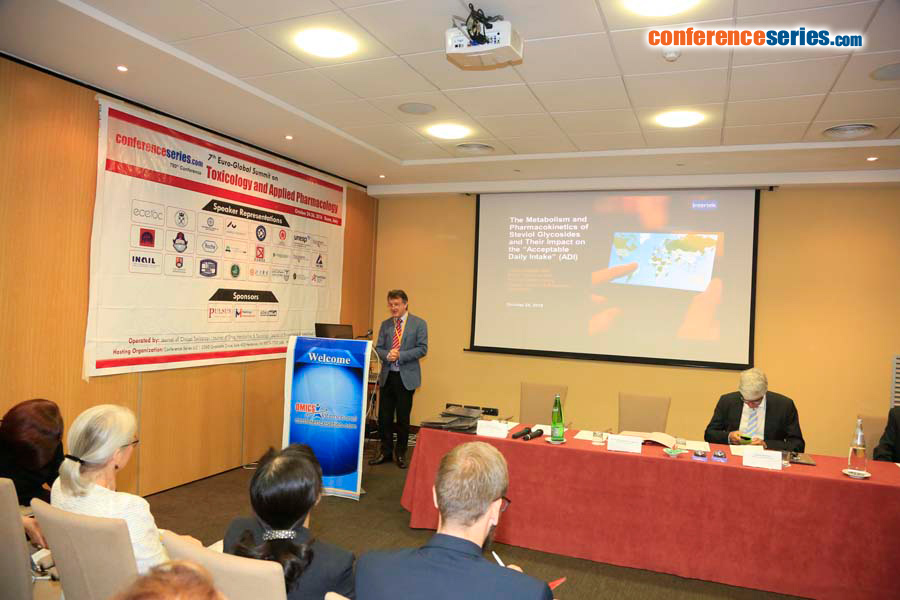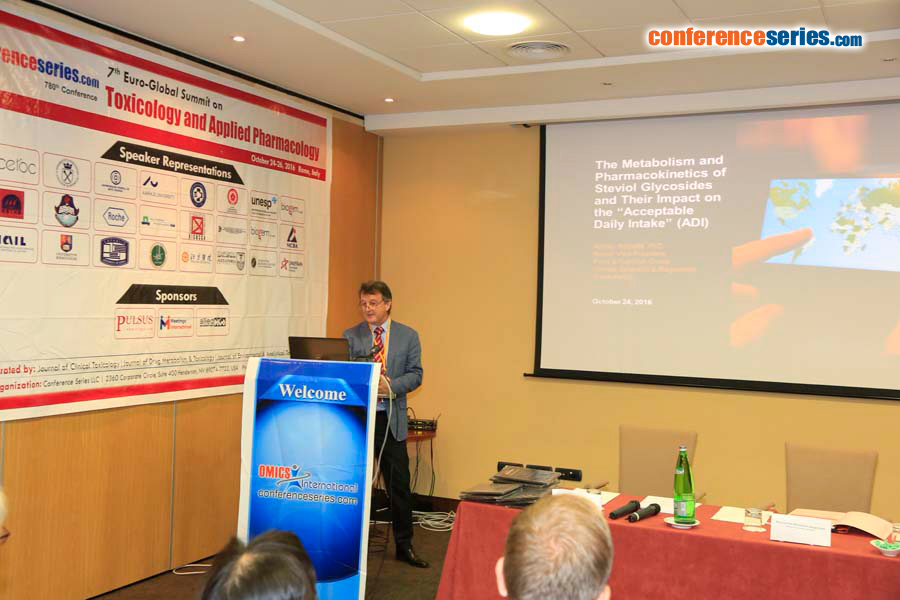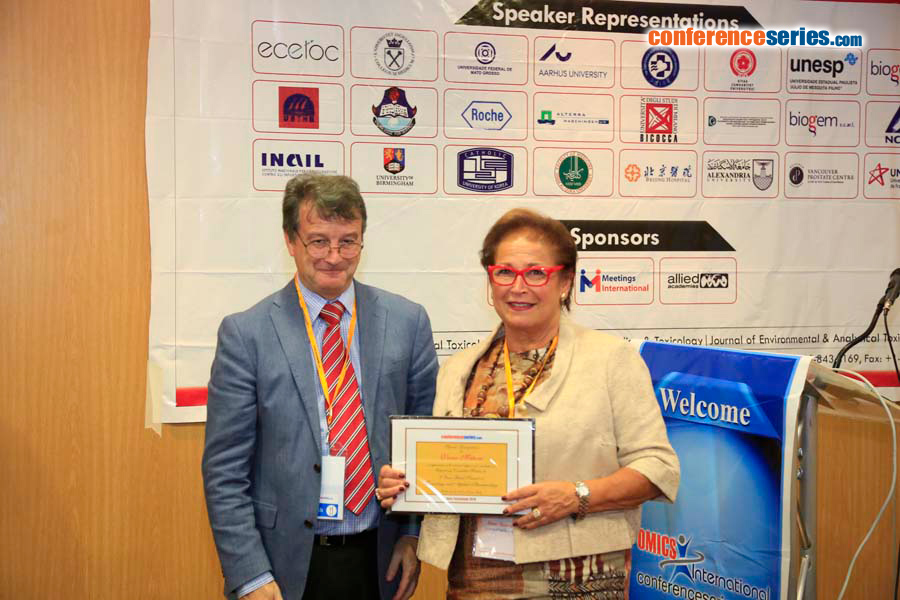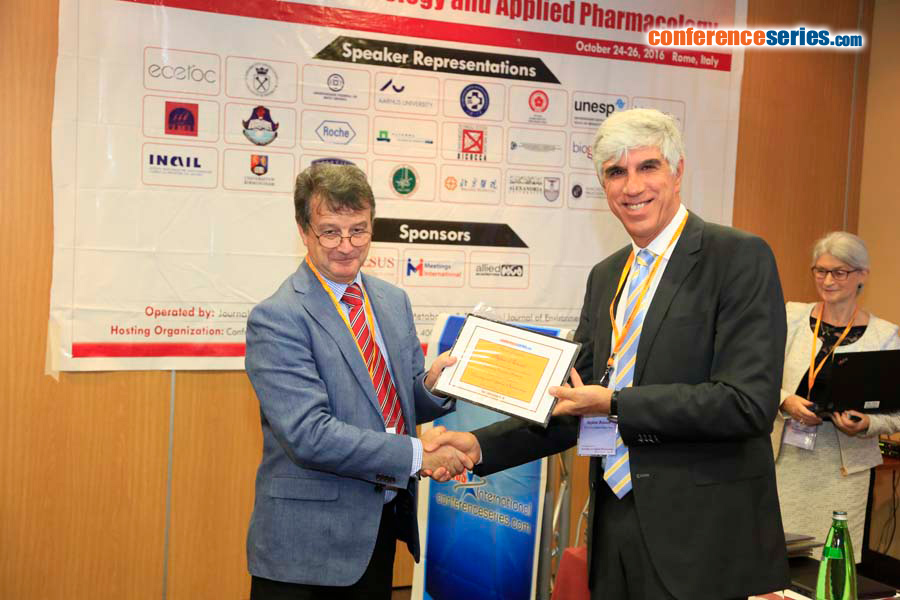
Ashley Roberts
Intertek Scientific & Regulatory Consultancy, Canada
Title: The metabolism and pharmacokinetics of steviol glycosides and their impact on the ADI
Biography
Biography: Ashley Roberts
Abstract
More than 40 different steviol glycosides have been identifi ed in the leaves of the Stevia rebaudiana (Bertoni) plant. Steviol
glycosides contain a steviol backbone attached to a number of diff ering sugar moieties including glucose, xylose and rhamnose. Metabolic studies indicate that following oral administration, these steviol glycosides pass undigested into the colon where they are then hydrolyzed to steviol prior to absorption. Once absorbed, steviol undergoes conjugation with glucuronic acid to form steviol glucuronide with the majority being excreted in the feces via the bile in rats and in the urine in human. The shared metabolic fate supported through in vitro studies using human fecal homogenates from healthy donors under anaerobic conditions, thereby supports that the ADI of 0-4 mg/kg/day which was determined for stevioside, is applicable to steviol glucosides in general. Th e ADI was based on the application of a 100-fold uncertainty factor to a NOAEL from a stevioside chronic rat study. In an attempt to increase the ADI, single dose stevioside pharmacokinetic studies were conducted in rats and
humans to derive a chemical-specifi c inter-species toxicokinetic adjustment factor. Th ese studies generated a chemical specific
adjustment factor of 1 and 2.8 based on comparative Cmax and AUC0-last data, respectively. Since these factors are lower than
the default value of 4.0 for inter-species differences in toxicokinetics, a higher ADI for steviol glycosides of between 6 and 16 mg/kg/bw/day is justified.


